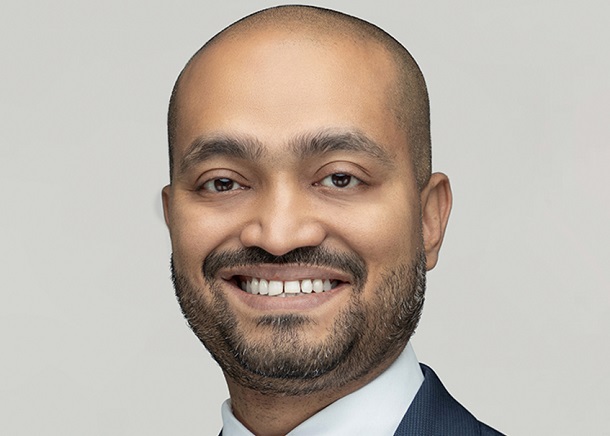The United Arab Emirates (UAE), particularly Dubai, has positioned itself as a global hub for virtual assets, having established a pioneering approach to regulating virtual assets and virtual asset service providers, says Praveer Pinto (pictured), client director, Ogier Global in Dubai.
The cryptocurrency market, which experienced a significant downturn with the collapse of FTX Trading Ltd in 2022, is recovering in 2024. Virtual asset prices are reaching new records evidenced by Bitcoin hitting all-time highs in November. Bitcoin has consistently surged following each of the four US presidential elections (since it was launched), never falling back to pre-election levels, highlighting the elections’ impact on its price dynamics.
While other major jurisdictions have been slow or hesitant, Dubai took an innovative step by establishing the Virtual Asset Regulatory Authority (VARA) in 2022.
VARA serves as the dedicated regulator for virtual assets and virtual asset service providers (VASPs) across Dubai’s mainland and free zones, excluding the Dubai International Financial Centre (DIFC), which has its own regulator, the Dubai Financial Services Authority (DFSA). Since its inception, VARA has licensed nearly two dozen entities to provide virtual asset services. Discussions indicate that hundreds of other entities are at various stages of the licensing process.
New Regulations
As a conscientious regulator, VARA aims to balance consumer protection against information asymmetry with providing regulatory clarity for service providers. Recently, VARA introduced comprehensive new regulations on the marketing of virtual assets, supported by substantial fines to ensure compliance.
These marketing regulations extend beyond domestic firms in the UAE to include foreign firms targeting individuals and entities within Dubai. Only entities licensed by VARA, or those acting on behalf of a VARA-licensed VASP, are permitted to market virtual assets. Additionally, the marketing of anonymity-enhancing virtual assets is strictly prohibited.
Marketing activities must adhere to guidelines requiring fairness, clarity and transparency, including appropriate risk disclosures. Any incentives, whether monetary or not, must be cleared with VARA in advance.
These rules have been reinforced with significant penalties of up to AED 10 million per violation. Given these stringent measures, it is crucial for both individuals and entities dealing in virtual assets and targeting the Dubai markets to meticulously follow these regulations and seek professional advice.
Over the course of Ogier’s first year of operating in Dubai, we have observed through our interactions with VARA, licensees and our existing work with BVI and Cayman regulators, that the focus is on compliance with traditional regulatory matters such as robust anti-money laundering practices, corporate governance, and consumer protection policies, followed by technological concerns such as cybersecurity and key and wallet management.
As the virtual assets landscape continues to evolve, firms are strongly advised to obtain appropriate guidance and ensure compliance with all applicable rules and regulations.
By Praveer Pinto, client director, Ogier Global in Dubai





